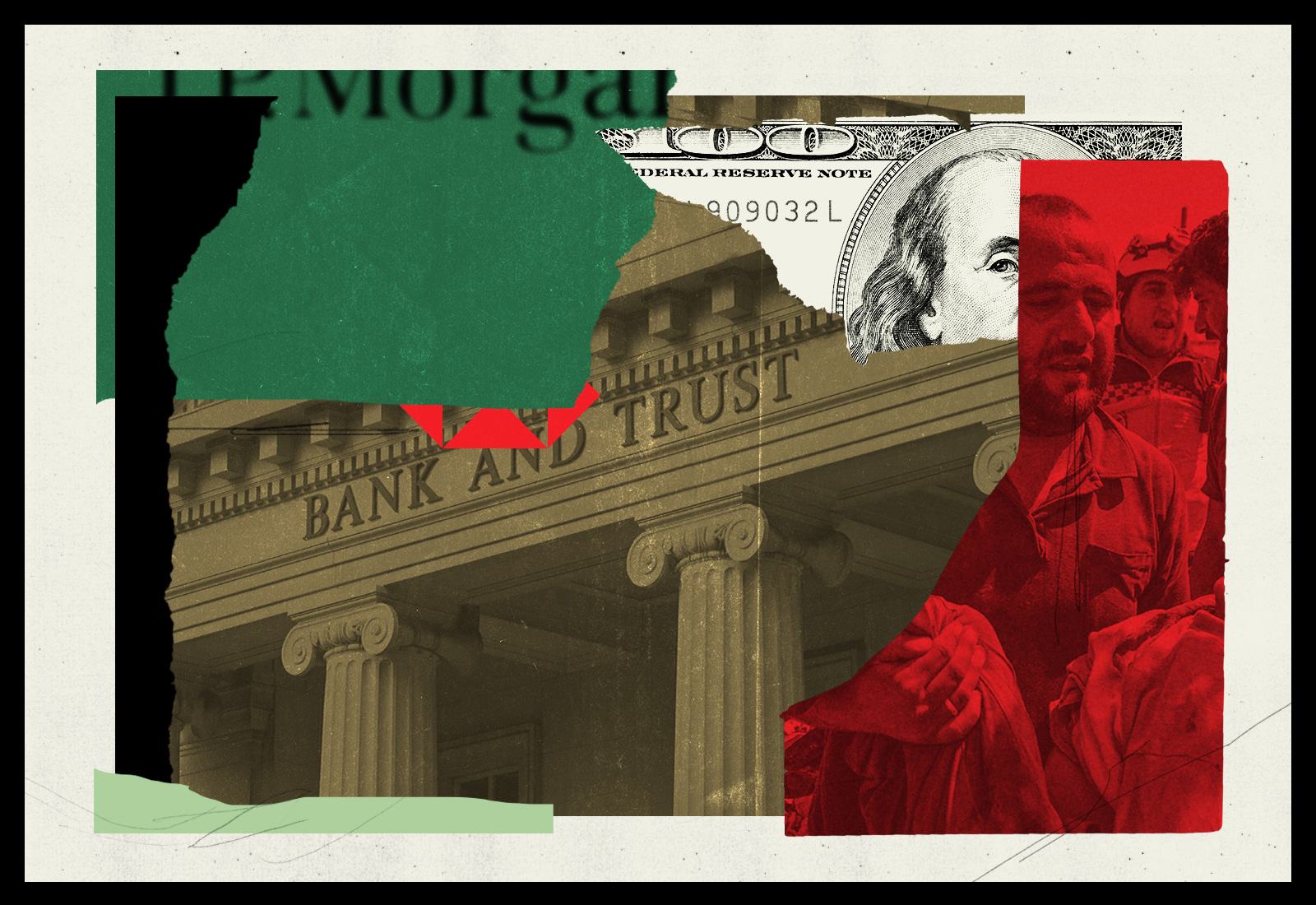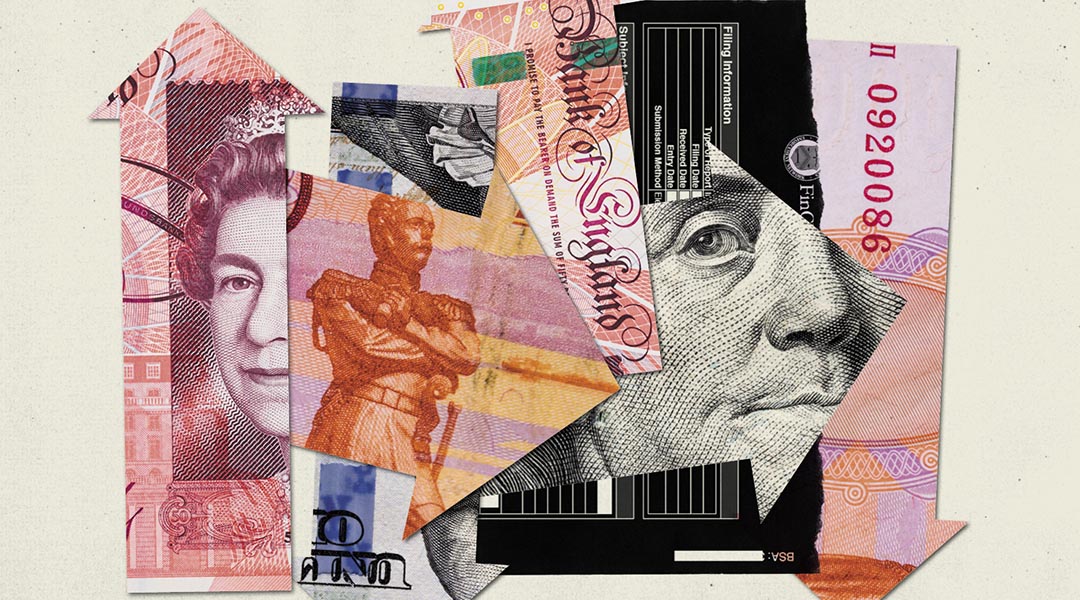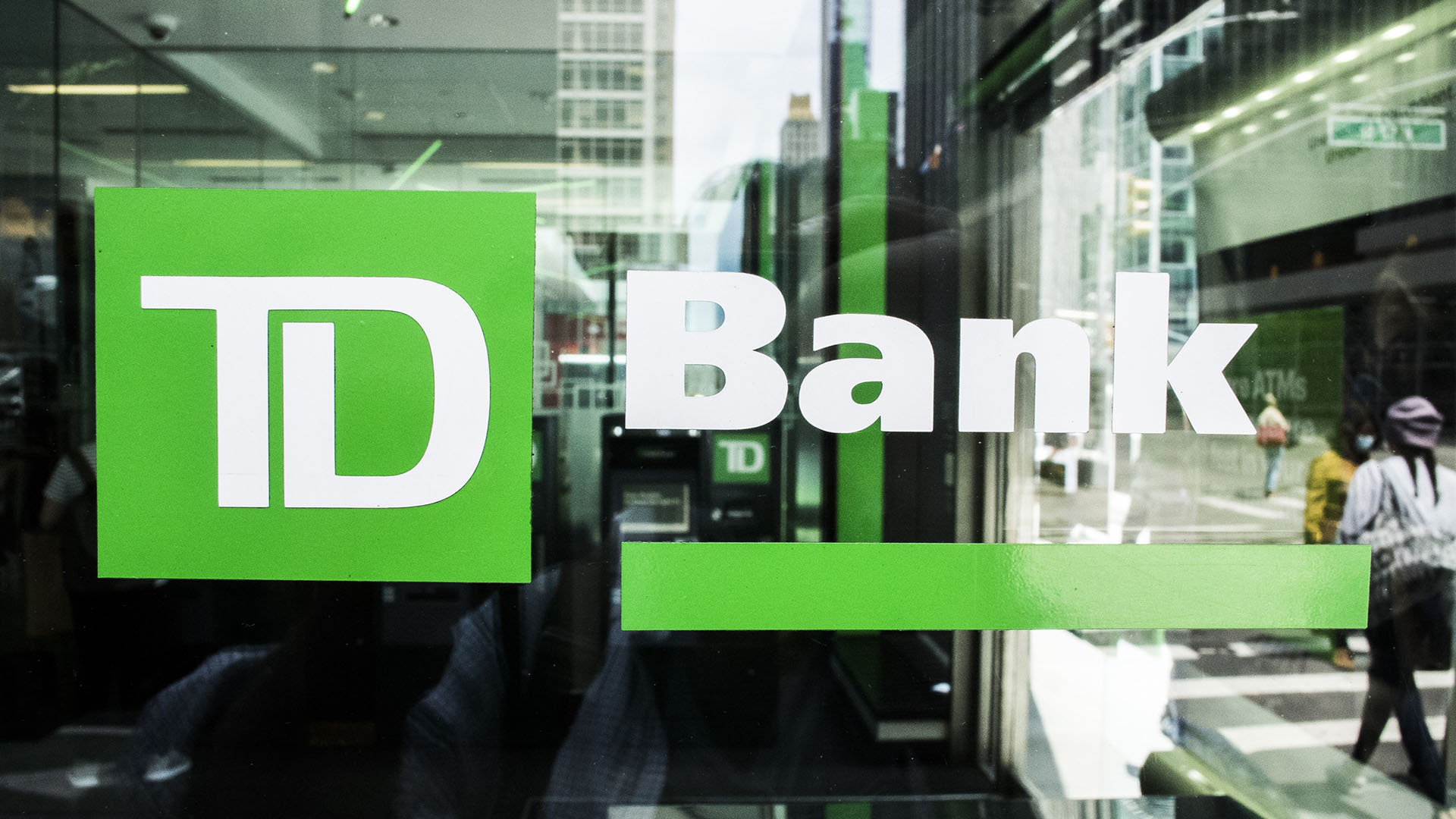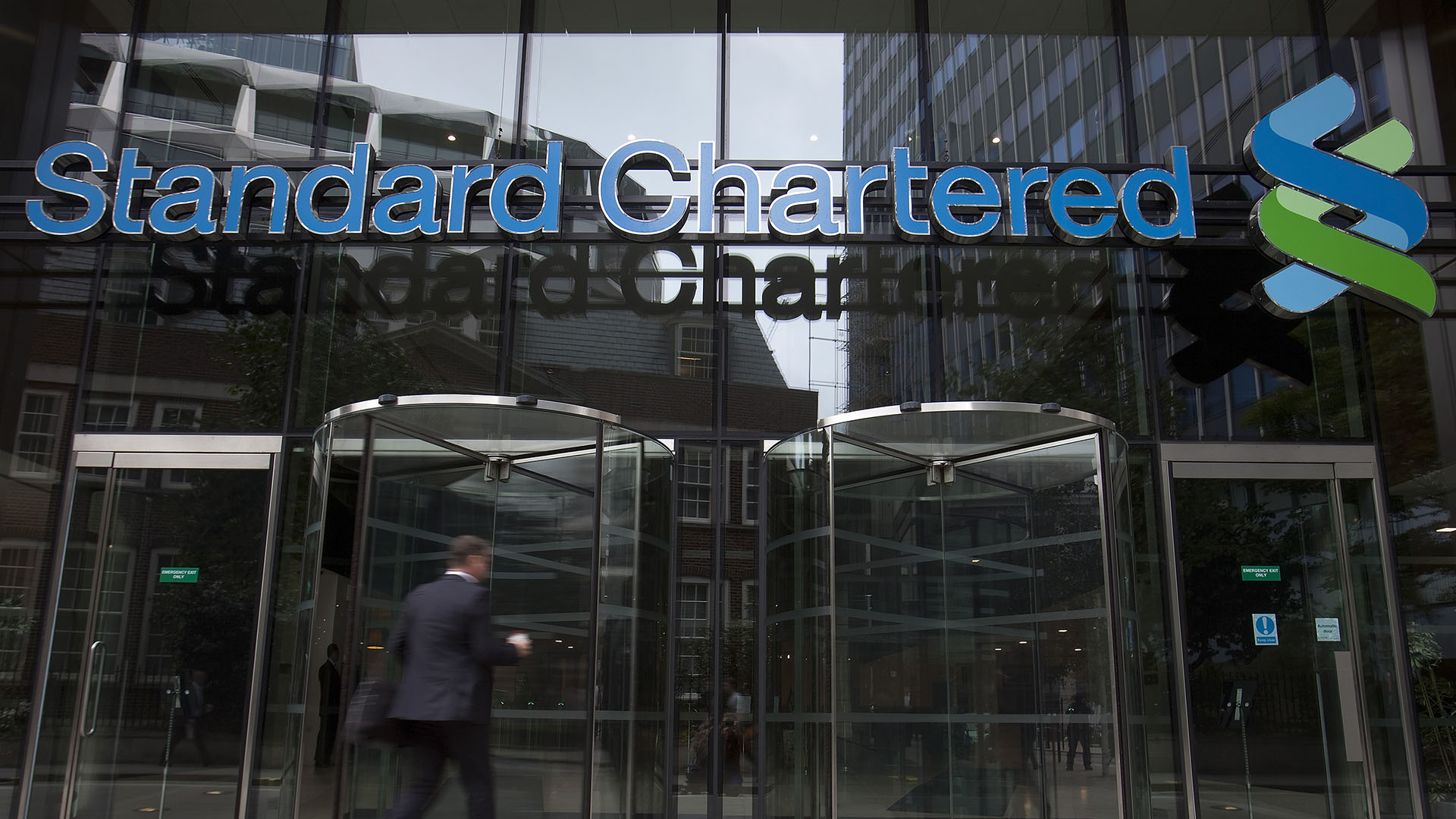German prosecutors have abandoned their criminal investigation into staff at Deutsche Bank suspected of helping launder dirty money from Russia and neighboring countries through the tiny Estonian branch of Denmark’s largest lender, Danske Bank.
A year after carrying out raids on Deutsche Bank offices, Frankfurt-based prosecutors said this week that there was insufficient evidence to pursue charges against individuals at Deutsche Bank. Instead, they imposed a fine of $15.8 million on the German bank for its failure, on more than 600 occasions, to promptly submit reports that would have alerted criminal investigators to suspicious bank transactions.
The fine is equivalent to just 0.06% of the $26.4 billion total net revenues Deutsche Bank generated in 2019.
The penalty marks the second regulatory action against Deutsche Bank over its controversial relationship with the now notorious Estonian branch of Denmark’s Danske Bank. The first fine was imposed by New York regulators in July.
More substantive fines may be yet to come as the U.S. Department of Justice continues to investigate Deutsche Bank. It too is reportedly interested in the German bank’s decision to process tens of billions of dollars in suspect payments for shell-company clients of Danske Estonia over many years.
Two years ago, a report by Danish law firm Bruun & Hjejle, commissioned by Danske Bank, found that the bank’s Estonian branch had been at the center of Europe’s largest ever money laundering scandal. The bank washed $230 billion in likely dirty money into and out of accounts that were controlled, through anonymous shell companies, by thousands of secretive figures in Russian and other former Soviet republics and satellite states.
Of that sum, suspicious payments in U.S.dollars totaling more than $150 billion were processed through New York by the U.S. arm of Deutsche Bank, according to American regulators.
As a result, New York’s Superintendent of Financial Services Linda Lacewell in July imposed a fine on Deutsche Bank of $150 million, though this penalty covered two other, unrelated violations too.
“Deutsche Bank failed to take appropriate action to prevent Danske Estonia from transferring billions of dollars of suspicious transactions through Deutsche Bank accounts in New York,” Lacewell said.
The closure of the German criminal investigation into bank staff comes in spite of detailed revelations about Deutsche Bank’s relationship with Danske Estonia in the FinCEN Files, a global investigation by the International Consortium of Investigative Journalists and 109 media partners.
The FinCEN Files is a cache of classified documents largely made up of more than 2,100 suspicious activity reports, secretly sent by banks to a unit of the U.S. Treasury Department called the Financial Crimes Enforcement Network, or FinCEN. Obtained by BuzzFeed News, and shared with ICIJ and media partners, the FinCEN Files detail suspect money flows of more than $2 trillion between 1999 and 2017.
The FinCEN Files documents show that, for many years, Deutsche Bank secretly had suspicions about the transactions it processed in the U.S. on behalf of anonymous shell-company clients of Danske Estonia.
In February 2019, as regulatory scrutiny of Danske Estonia increased, Deutsche Bank had quietly sent more than one million suspicious activity reports to the German regulator, flagging concerns about past transactions involving Danske Estonia clients which it belatedly judged to be of potential interest to the police.
Later in 2019, Frankfurt prosecutors carried out a raid on Deutsche Bank’s offices looking for evidence that the German bank’s staff had colluded in the laundering of dirty money for the clients of Danske Estonia.
Welcoming this news that this investigation has now been dropped, Stefan Simon, a member of Deutsche Bank’s management board, said in a statement, “It is clear that there was no evidence of criminal misconduct either on the part of Deutsche Bank or its employees.”
Meanwhile, in Estonia, investigations into former staff at Dankse Bank continue. Two years ago, prosecutors named nine former Danske Bank staff as suspects in a criminal investigation into money laundering at the bank. Since then, two additional former staffers were named and prosecutors said their inquiries had widened to ten specific crimes which they believe generated more than $2 billion in dirty money that was washed through Danske Estonia.
Despite dropping their criminal investigation, German prosecutors confirmed that, between 2007 and 2015, Deutsche Bank had played a central role in processing suspicious payments into and out of accounts at Danske Bank’s Estonian branch held in the name of thousands of anonymous shell companies, often registered in the United Kingdom.
The ultimate owners of these shell companies were based in Russia and other former Soviet republics and satellite states, the prosecutors said, echoing the findings of U.S. regulators.
An ICIJ analysis found 3,267 anonymous U.K. shell companies in the FinCEN documents, each linked to one or more suspicious transactions. Of these, most held accounts at Danske Estonia or another bank in the Baltic region.
ICIJ found that some of these shell companies filed false financial statements at Companies House, the U.K. company registry. Others were registered to residential addresses where the occupant denied knowledge of them. Others were set up and run by straw men and women with no knowledge of the companies’ true activities or owners.
In response to FinCEN Files findings, Mel Stride, a U.K. member of parliament and chair of the influential Treasury Select Committee, has written to government ministers and regulatory agencies asking why so many U.K. companies feature in the suspicious activity reports obtained by journalists and why the U.K. is viewed as “higher risk” for money laundering by the U.S. Treasury Department.
In the United States, FinCEN Files revelations prompted Linda Lacewell, the New York regulator who fined Deutsche Bank in July, to write an outspoken op-ed article detailing how, in her view, money laundering had to “metastasize” inside the banking system and wrap itself “within the guts of financial institutions.”
“Banks say they did not actually know the money was criminally derived, yet they have been permitting massive transactions to run through shell companies to money laundering havens, with no apparent business purpose, notifying the [FinCEN] and taking their cut in fees,” she wrote.
“Individual bankers are rarely held accountable, so money laundering becomes a source of profits and bank fines become a cost of doing business. When the profits exceed the fines, the business choice is easily corrupted.”







